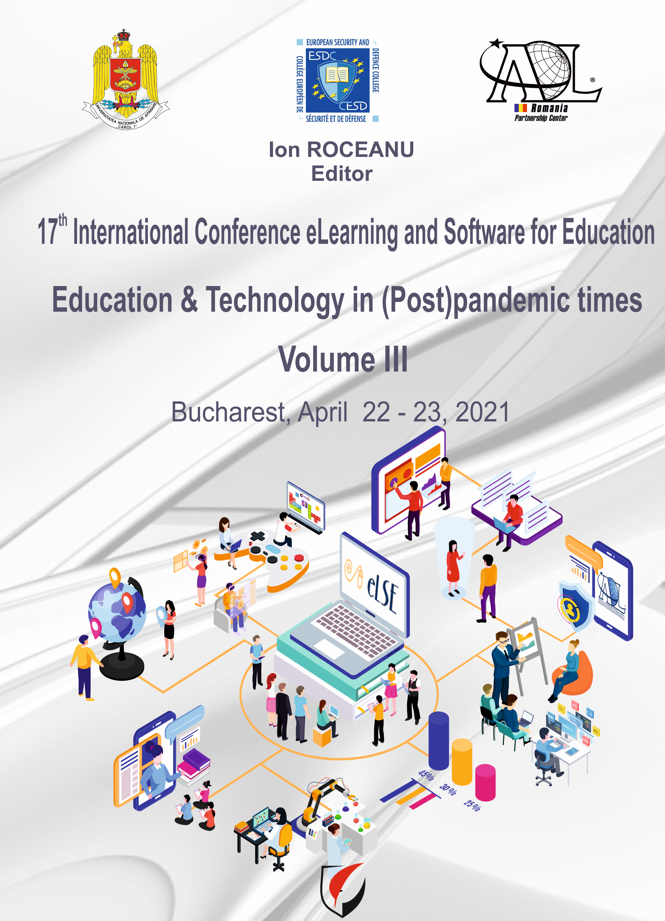PILLOTING 3D CAD FOOTWEAR COURSES WITHIN SKILLS 4 SMART TCLF PROJECT
PILLOTING 3D CAD FOOTWEAR COURSES WITHIN SKILLS 4 SMART TCLF PROJECT
Author(s): Mariana Costea, Aura Mihai, Arina Seul, Bogdan SârghieSubject(s): Education, Visual Arts, ICT Information and Communications Technologies, Distance learning / e-learning
Published by: Carol I National Defence University Publishing House
Keywords: footwear 3D CAD; peer-to-peer learning; MOOC learning platform;
Summary/Abstract: This article approaches the piloting stage of 42 trainees involved on MOOC courses for 3D CAD Footwear Developer, developed under Skills 4 Smart TCLF project. S4TCLF it is a project oriented to enhance the modernisation and competitiveness of the EU Textile, Clothing, Leather, and Footwear industry, through the development of a sustainable upskilling and reskilling strategy, which is supported by a communication campaign to attract social, economic and political actors. The project consortium is made from 22 partners within 9 European countries. The 3D CAD Footwear Developer is one of the 8 qualification profiles for which a training course was developed in our European partnership. The course responds to the industry needs and fulfil educational requirements by tackling knowledge and skills related to the footwear product design and styling process, manufacturing stages and technologies, 3D CAD modelling and virtual prototyping, 2D CAD pattern engineering, 3D/2D CAD of lasts, soles and heel, which all together correspond to the level 5 of the European Qualification Framework (EQF). The MOOC courses for 3D CAD Footwear Developer were published on the Iversity learning platform, part of the Springer Nature. A chapter of this course is structured in 3-5 video lectures supported by audio voice. At the end of the chapter an assignment task is proposed to be solved in order to continue with the next chapter/unit. The guided trainees were questioned and assessed by the S4TCLF project staff at different times. The aim of the piloting session was to obtain feedback and to assess the added value of the teaching materials.
Journal: Conference proceedings of »eLearning and Software for Education« (eLSE)
- Issue Year: 17/2021
- Issue No: 03
- Page Range: 113-120
- Page Count: 8
- Language: English

